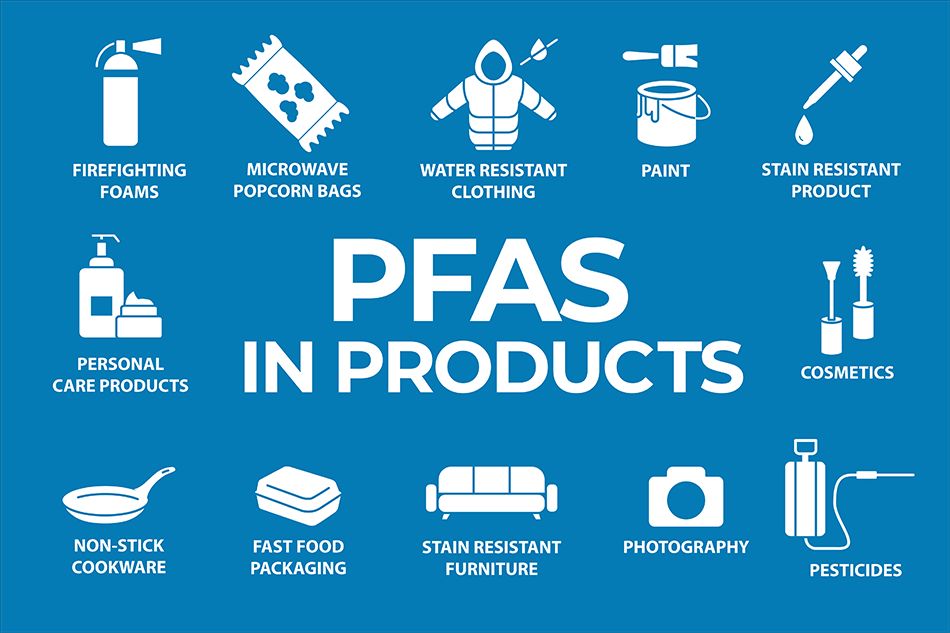The European Commission has announced restrictions on the use of a subgroup of PFAS chemicals. This decision affects everyday products known to contain these substances, which are potentially harmful to human health and the environment.

The European Commission is limiting the use of a subgroup of chemicals known as PFAS (Per- and Polyfluoroalkyl Substances). Maros Sefcovic, Vice-President of the European Commission, stated, “We are removing harmful substances from products that citizens use daily, such as textiles, cosmetics, and food packaging.” This includes items like raincoats, pizza boxes, waterproofing sprays, and skincare products.
PFAS chemicals are substances that do not break down in the natural environment and can be harmful to human health and the environment. They are also known as “forever chemicals” due to their persistence.
Scope and timeline of the restrictions
The restriction specifically targets undecafluorohexanoic acid (PFHxA) and PFHxA-related substances, which are highly persistent and “whose use in certain products poses an unacceptable risk to human health and the environment,” according to the Commission. However, semiconductors, batteries, and fuel cells for green hydrogen will be exempted from this measure.
The new restrictions are set to come into force next month and will become effective after transition periods ranging from 18 months to five years. This phased approach allows industries time to adapt to the new regulations while ensuring a steady reduction in the use of these harmful chemicals in consumer products.





